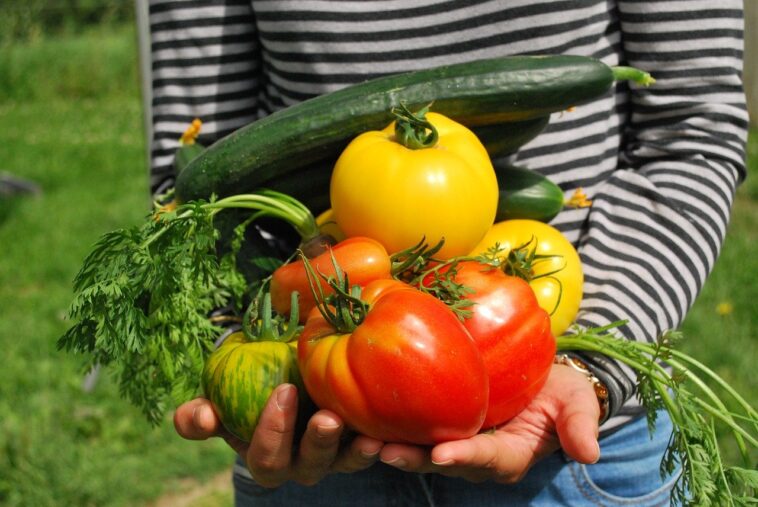Cultivating the land and creating your own vegetable garden, growing and then harvesting your fruits and vegetables is laborious work, but so rewarding. You can create your vegetable garden and make it in accordance with the environment! Struggling to find the motivation to farm in your garden? Here are 6 reasons that will definitely change your mind. You will soon grab your shovel and have your own vegetable garden!
1) It’s eco-friendly
When we decide to garden, it is possible to choose the treatments given to our plants. Do you have an ecological conscience? You can therefore decide not to use chemical products and to prefer natural or organic products. To treat your plants against possible colonizing and invasive insects, use so-called auxiliary insects rather than products. And if it’s eco-friendly, it’s also because it’s an in-house production which is therefore not not imported from distant countries.
2) It is also economical
Growing your own vegetable garden has many advantages, including being economical! Indeed, when you create your vegetable garden, you will need to invest in specific equipment to carry out your production successfully. However, Once purchased, it will last for yearsand all you have to do is buy seeds and other plants. A plant of tomatoes will provide you with a significant production of fruit to harvest, and the same goes for your other purchases. Salad seeds are inexpensive too, and for some fruits and vegetables, you can collect the seeds, germinate them and replant them the following year. All this makes your vegetable garden an economical solution where you pay the right price for your food.
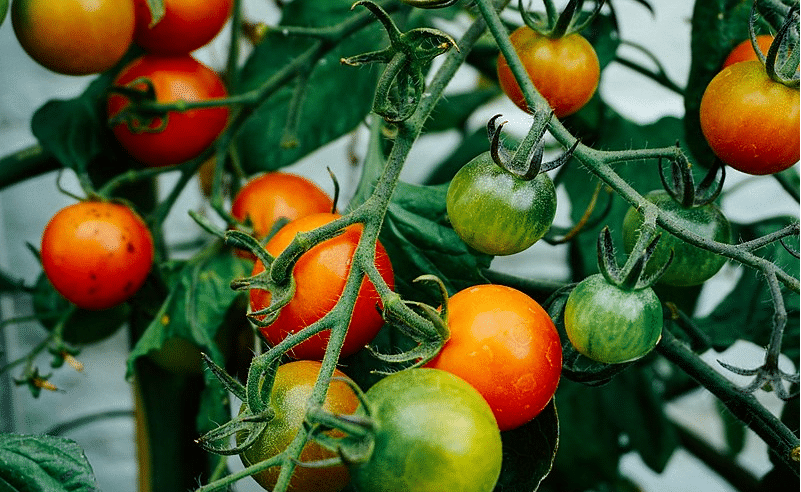
3) A healthy vegetable garden
The home vegetable garden offers you many benefits in terms of your health. First of all, it is a fairly complete physical activity that works many muscles! Try digging, planting, turning the ground, cutting the grass… You will see that maintaining your garden also maintains you physically. Your vegetable garden is also good for your health since it allows you to have healthy products that have grown naturally and without pesticides. It’s also a fun time since you can go for a walk in your garden, see your plants growing and harvest some products.
4) Recycle your food waste
The tip to follow for growing your own vegetable garden is to recycle your own food waste. Think about composting and don’t throw away your banana skins, zucchini peels and other tops. Create compost which will then serve asnatural fertilizer for your garden. You will also be able to recreate plantations using certain waste. This is the case for potatoes or even seeds that you can recover from damaged vegetables or which are no longer edible and which will allow you to recycle intelligently.
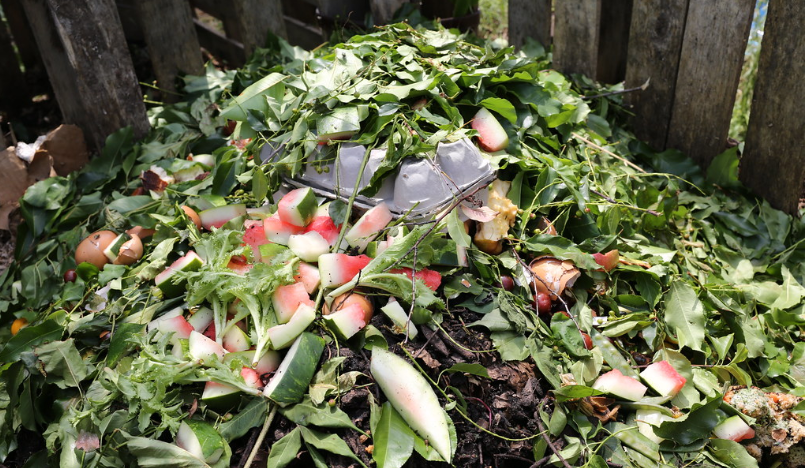
5) It’s fun for children
Having a vegetable garden in your garden will allow to occupy your children and teach them to take care of plants. In fact, you can show them small gestures and teach them how to grow a vegetable or how to water properly. They will be able to see the evolution of their little tomato plant and eat the strawberries they have planted. You will be able to explain to them how a plant and its fruits are formed. by combining theory with practice. It is also possible to have them do small creative workshops by personalizing old pots. What’s fun is to make these little pots look like people, the children will have fun seeing their little plant grow from their little man’s head! A clever way to educate children and make them want to eat the vegetables they have taken care of.
6) Know what you plant and what you eat
What’s interesting about growing your own vegetable garden is that you can decide what you plant, and this often gives us more choice than in a supermarket. There are so many varieties that the home vegetable garden offers the opportunity to discover them all. In addition, this will make you produce vegetables in the right seasons and you will consume your production in nature’s time. All you reap will have the natural taste of the food since it will be collected when it is ripe. Say goodbye to fruits and vegetables harvested before they reach maturity so that they do not spoil before they are sold, and say hello to those full of sun. The taste of a strawberry or a tomato heated by the sun will make you forget all those eaten previously.
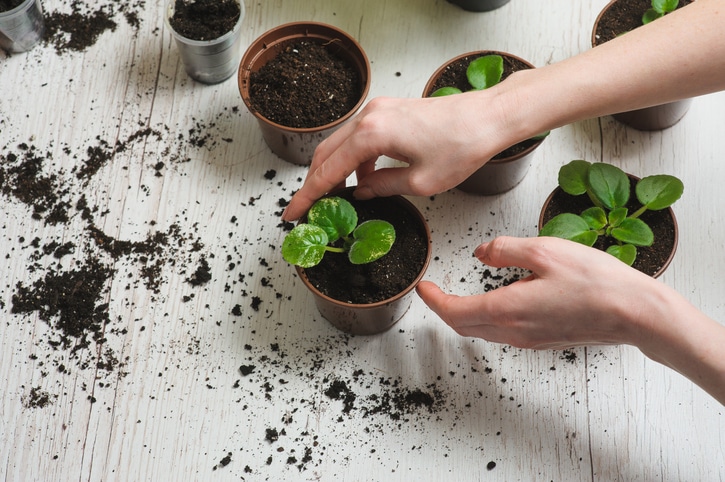
How to start your vegetable garden? What advice to get started?
Starting a vegetable garden can be a rewarding and rewarding experience. Here are some tips for starting your own vegetable garden.
Advice before getting started…
→ First of all, choose a good location. Select a place in your garden that receives enough Sun (ideally at least 6 to 8 hours per day) and well drained. Also make sure the location is easily accessible for watering and maintenance.
→ Next, prepare the ground. Enrich your soil by plowing it to soften it and adding compost or well-rotted manure to improve its structure and fertility. You can also tests le pH du sol and adjust as necessary to meet the needs of your plants.
→ Also choose the right plants. Select in particular varieties adapted to your climate and planting season. Otherwise, it can be useful for beginner gardeners who are insecure or who don’t have a green thumb to possibly start with plants that are easy to grow. This is for example the case for aromatic herbs, tomatoes, salads, radishes and zucchini.
→ Furthermore, plan your garden. Design your vegetable patch taking into account the adult size of the plants, their recommended spacing and light requirements. Good planning can maximize the use of space and make maintenance easier. Additionally, some plants grow poorly when placed next to each other. So make sure they make good neighbors for optimal performance!
In short, take the time to do a little research before planting, sowing and harvesting.
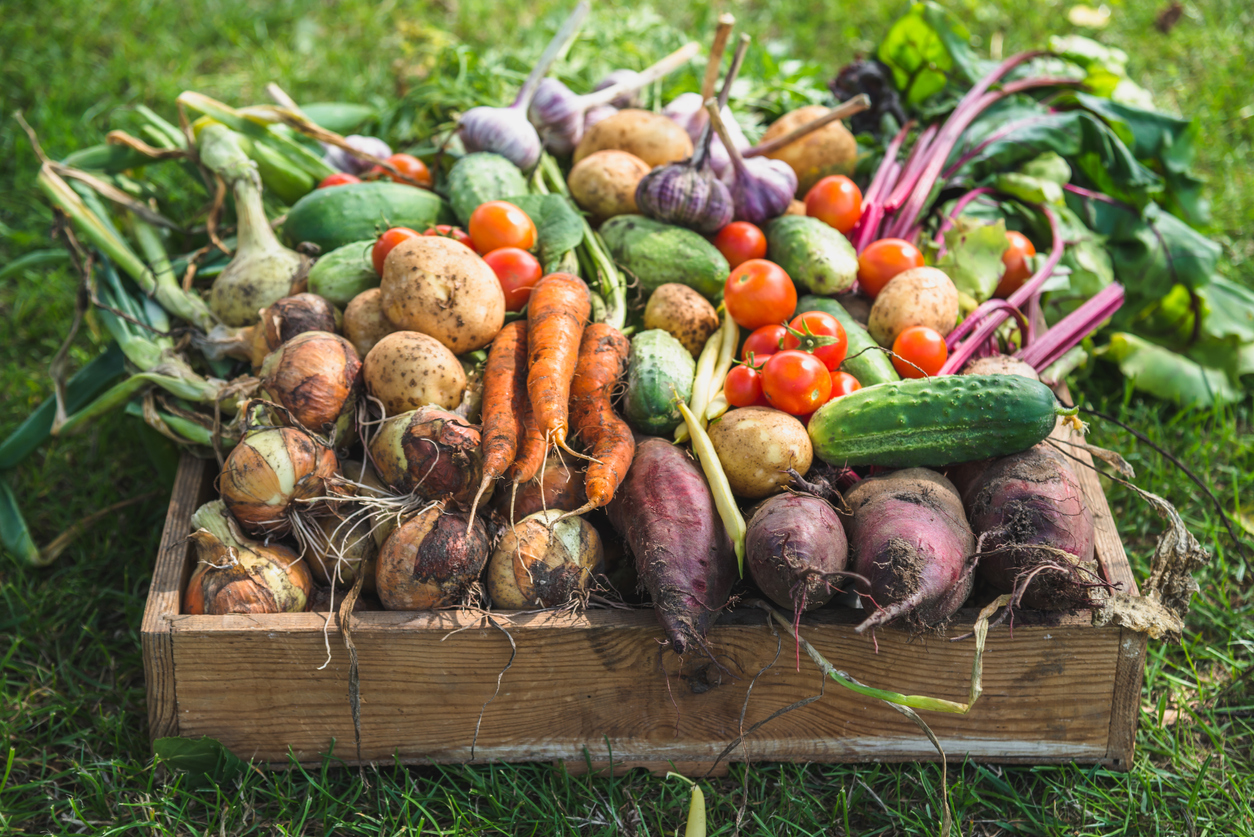
Promoting good growth in the vegetable garden…
→ Water regularly taking into account the needs of plants. Some need a lot of water, others less. You have to adapt, even if you generally have to keep your vegetable garden well watered to allow good growth, especially during hot and dry periods (summer, heatwave, etc.). Avoid overwatering to avoid fungal diseases and never water the leaves.
→ Additionally control weeds and pests. Remove weeds regularly to prevent them from competing with your plants for nutrients and water. Also monitor for pests and act quickly to control them using natural or organic methods if possible. You can find some using the search on our site.
→ In addition to adding compost to the soil, you can fertilize your plants as needed with organic fertilizers (coffee grounds, eggshell, wood ash, guano, nettle manure, etc.) or nutrient solutions according to the specific needs of each plant.
→ Finally, take care of your plants. Monitor the health of your plants and deal with problems as soon as they appearwhether it be illnesses, nutrient deficiencies or other problems.
By following these basic tips, you will be well on your way to successfully starting and maintaining your vegetable garden. Remember, experience is the best teacher, so don’t be afraid to experiment and adjust your methods as you learn to garden.


